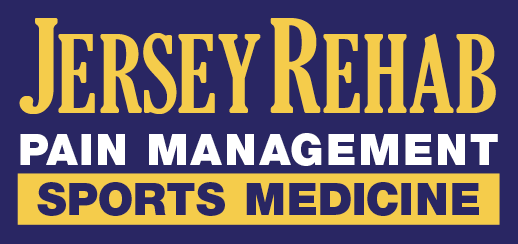
Nerve Injuries
Nerves play a crucial role in the human body, acting as the communication network that transmits messages between the brain and various body parts. Some nerves are responsible for controlling muscle movements, while others convey sensory information such as pressure, pain, or temperature, enabling us to react to external stimuli.
When nerves are damaged due to accidents or other causes, it can significantly impact daily activities and overall quality of life. Nerve injuries can disrupt this critical communication network, leading to a range of symptoms and functional limitations.
Symptoms of Nerve Injury
The symptoms of nerve injury can vary widely depending on the affected nerves, the type and severity of the injury, and the individual’s unique physiological response. Common symptoms include:
- Pain: Often the most immediate and noticeable symptom, pain can be localized at the injury site or along the nerve’s path.
- Numbness: Damage to sensory nerves can lead to a loss of sensation in the affected area, manifesting as numbness or a tingling sensation.
- Weakness: Injuries to motor nerves, or nerves that perform both sensory and motor functions, can result in muscle weakness, affecting movement and coordination.
Other signs of nerve injury may include changes in skin color, muscle atrophy, and altered sweating patterns in the affected area. These symptoms can be intermittent or persistent, depending on the injury’s nature and severity.
Diagnosing Nerve Injuries with Nerve Testing
Accurate diagnosis of nerve injuries is essential for effective treatment and recovery. Nerve testing plays a pivotal role in this process, offering insights into the nerve’s functional status and guiding rehabilitation strategies. Techniques such as electromyography (EMG) and nerve conduction studies (NCS) are commonly used to evaluate the electrical activity of muscles and the speed of nerve signal transmission, respectively. These tests can help pinpoint the location and extent of nerve damage, assess the potential for recovery, and tailor treatment plans to individual needs.
Treatment and Rehabilitation
Treatment for nerve injuries may vary from conservative management, such as physical therapy and medication to alleviate pain and inflammation, to more invasive interventions like surgery for severe cases. Rehabilitation plays a crucial role in the recovery process, focusing on restoring function, reducing symptoms, and improving quality of life. Customized rehabilitation programs may include exercises to strengthen muscles, improve coordination, and enhance sensory perception, alongside strategies to manage pain and adapt to functional limitations.
Throughout treatment and rehabilitation, ongoing nerve testing can monitor progress and adjust interventions as necessary, ensuring the most effective recovery path.
Your Path to Recovery with Jersey Rehab
If you’re experiencing symptoms of a nerve injury, don’t wait to seek professional help. At Jersey Rehab, we understand the complexities of nerve injuries and the profound impact they can have on your life. Our team of experts uses advanced diagnostic tools, including nerve testing, to accurately assess your condition and develop a personalized treatment plan.
Take the First Step Towards Healing
Begin your journey to recovery with Jersey Rehab. Visit us to learn more about how our comprehensive approach to nerve injuries can help you regain control of your life. Schedule your appointment today and take the first step towards effective treatment and rehabilitation.
